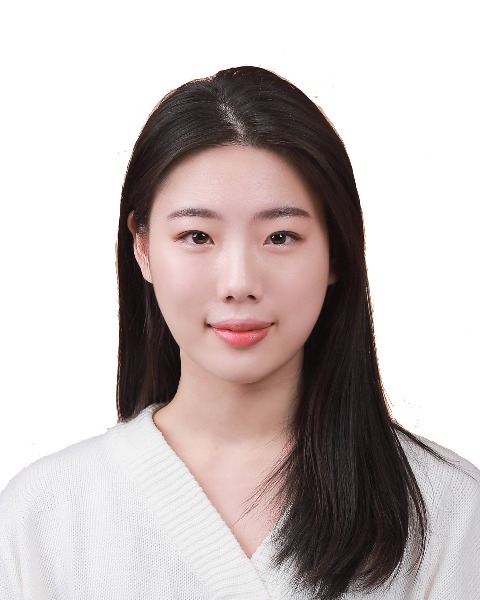Adult Anxiety
Cultural differences in social anxiety and implicit theories of social anxiety between Asian Americans and European Americans
(PS9-B31) Cultural Differences in Social Anxiety and Implicit Theories of Social Anxiety Between Asian Americans and European Americans

Taylor A. Stacy, M.A.
Student
University of Hawai'i
Honolulu, Hawaii
Da Eun Suh, M.A.
Graduate Student
University of Hawai’i at Manoa
honolulu, Hawaii- YX
Yiyuan Xu, Ph.D.
Professor
University of Hawai’i at Manoa
Honolulu, Hawaii
Author(s)
Co-Author(s)
Previous research has found that individuals of Asian heritage on average tend to report higher social anxiety symptoms than individuals of European heritage (for a meta-analysis, see Krieg & Xu, 2014). Yet there is little evidence these two cultural groups differ in their overall psychosocial outcomes that are typically associated with social anxiety. One possible factor that has been relatively overlooked is the possible roles implicit theories of social anxiety may play in these cultural differences. Prior studies have demonstrated both individual differences and cultural group differences in implicit theories in different domains, including mental health. Specifically, individuals vary in their implicit theories about themselves, shaping the way they interpret and react to social situations. Some people hold implicit entity theories, and consider certain traits or behaviors to be fixed and immutable qualities. Others hold implicit incremental theories, and tend to believe that certain traits or behaviors can change over time and across situations. As the first step to understand the roles of implicit theories of social anxiety, the current study compared both social anxiety symptoms and implicit theories of social anxiety between European American and Asian American college students.
To date, we have collected data from 126 participants, including 81 Asian American and 45 European American college students. Participants were 65.1% female and had a mean age of 20.02 years (SD = 2.086). All participants completed the Social Interaction Anxiety Scale (SIAS; Peters et al., 2012) and an adapted measure of implicit theories of social anxiety based on Zhang & Xu (2018)'s measure of entity versus incremental theories of shyness to explore potential cultural differences in implicit beliefs about social anxiety.
Results from independent samples T-tests indicated that there were significant differences between the cultural groups in social interaction anxiety (t[111] = -2.955, p < 0.01) and implicit theories of social anxiety (t[114] = 1.876, p < 0.05). Specifically, Asian Americans (M = 9.634, SD = 4.986) reported higher scores than European Americans (M = 6.667, SD = 5.440) on social interaction anxiety, and European Americans (M = 21.884, SD = 3.567) reported higher scores than Asian Americans (M = 20.644, SD = 3.360) on implicit theories of social anxiety, with higher scores indicating a greater endorsement of incremental theories. Moreover, social interaction anxiety was significantly and negatively correlated with implicit theories of social anxiety only among the Asian American group (r = -0.244, p < .05). Preliminary results from this study are consistent with previous findings that Asian Americans tend to endorse greater amounts of social anxiety than European Americans, and also suggest that European Americans may be more likely to conceptualize social anxiety as changeable (i.e., hold incremental theories about social anxiety), whereas Asian Americans may be more likely to conceptualize social anxiety as fixed (i.e., hold entity theories about social anxiety). Further findings and implications of implicit theories of social anxiety on research and clinical practice will be discussed.

